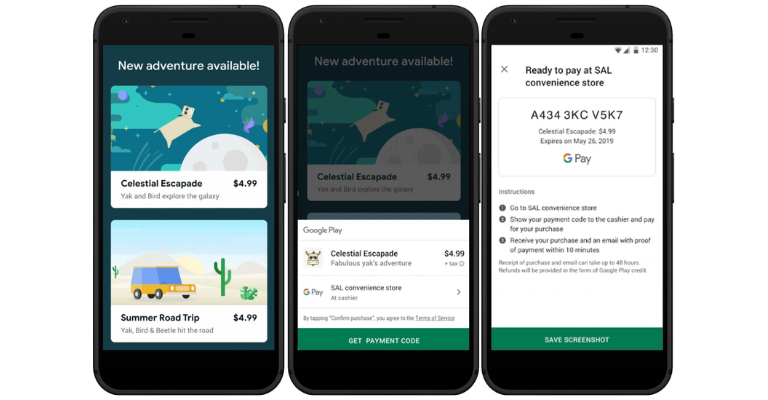A group of Indian startups, represented by the Alliance of Digital India Foundation (ADIF), who have asked a court to suspend Google’s new in-app billing fee system in India until the country’s antitrust regulator investigates the U.S. tech giant for non-compliance with its directives.
According to the startups, Google’s new system still charges them a high service fee despite a directive in October 2020 that allowed the use of third-party billing services for in-app payments. The ADIF filed a complaint with India’s antitrust regulator last month, but the antitrust body is yet to hear the complaint promptly, even though Google’s implementation date of the User Choice Billing system (UCB) is approaching on April 26.
The ADIF has filed a 744-page document with the Delhi High Court, asking it to keep the implementation of Google’s UCB system on hold until the antitrust regulator hears its complaint. The court is likely to hear the plea later this week. Google declined to comment, while the CCI did not respond.
This is not the first time Google has faced criticism from Indian startups over what they claim are unfair business restrictions. In October 2020, the Competition Commission of India fined Google $112 million and directed it to stop forcing developers to use its proprietary in-app payment system, labeling it an abuse of Google’s dominant market position.
Google has challenged the antitrust ruling and denied any wrongdoing. The company claims that its new service fee system supports investments in the Google Play app store and the Android mobile operating system, ensuring that it distributes it for free, and covers developer tools and analytic services. However, Indian startups argue that Google’s UCB system still imposes a service fee of 11-26%, compared to the earlier in-app payment system that charged a fee of 15-30%. They claim that the new system is merely another version of Google’s earlier system, cloaked with a new name.



![[CITYPNG.COM]White Google Play PlayStore Logo – 1500×1500](https://startupnews.fyi/wp-content/uploads/2025/08/CITYPNG.COMWhite-Google-Play-PlayStore-Logo-1500x1500-1-630x630.png)